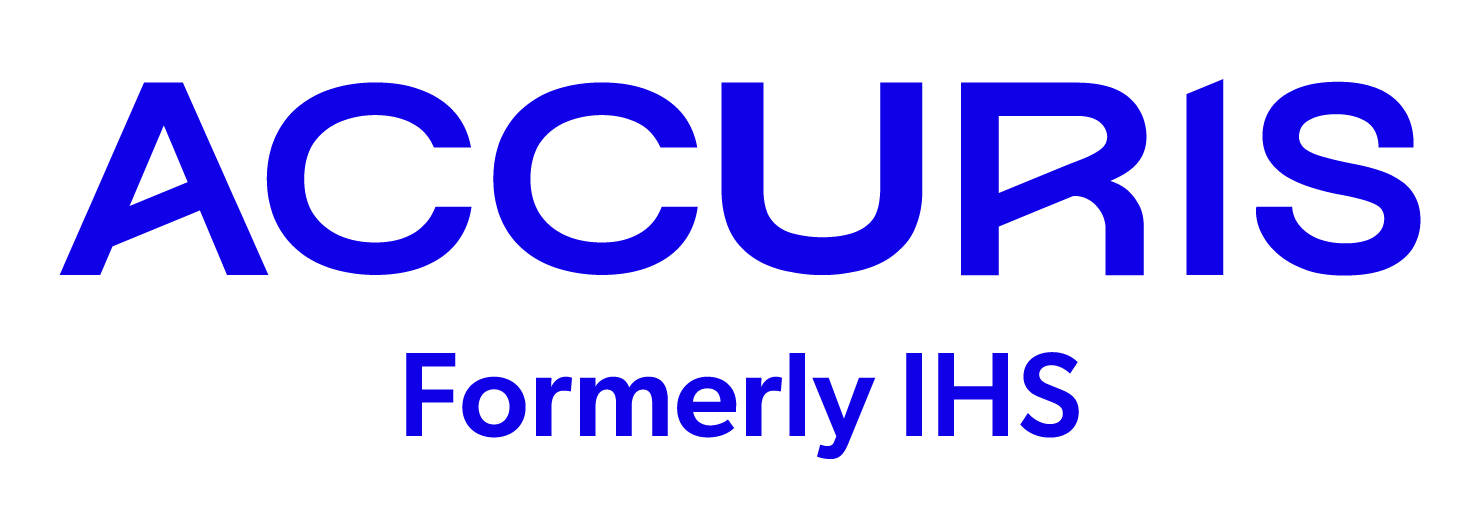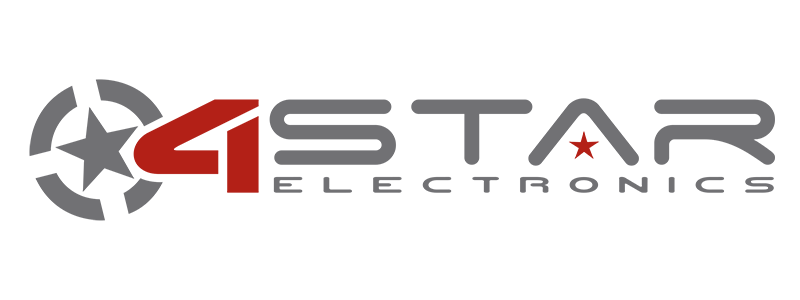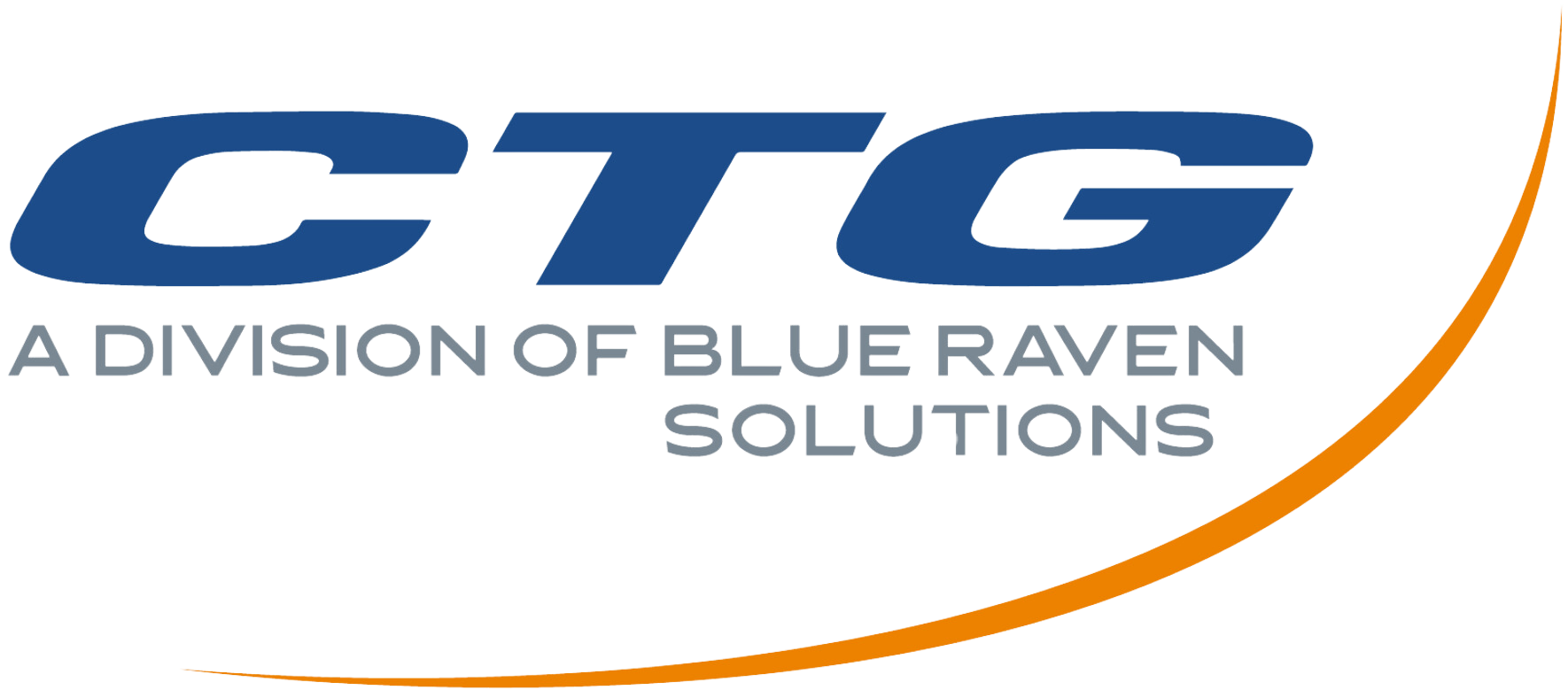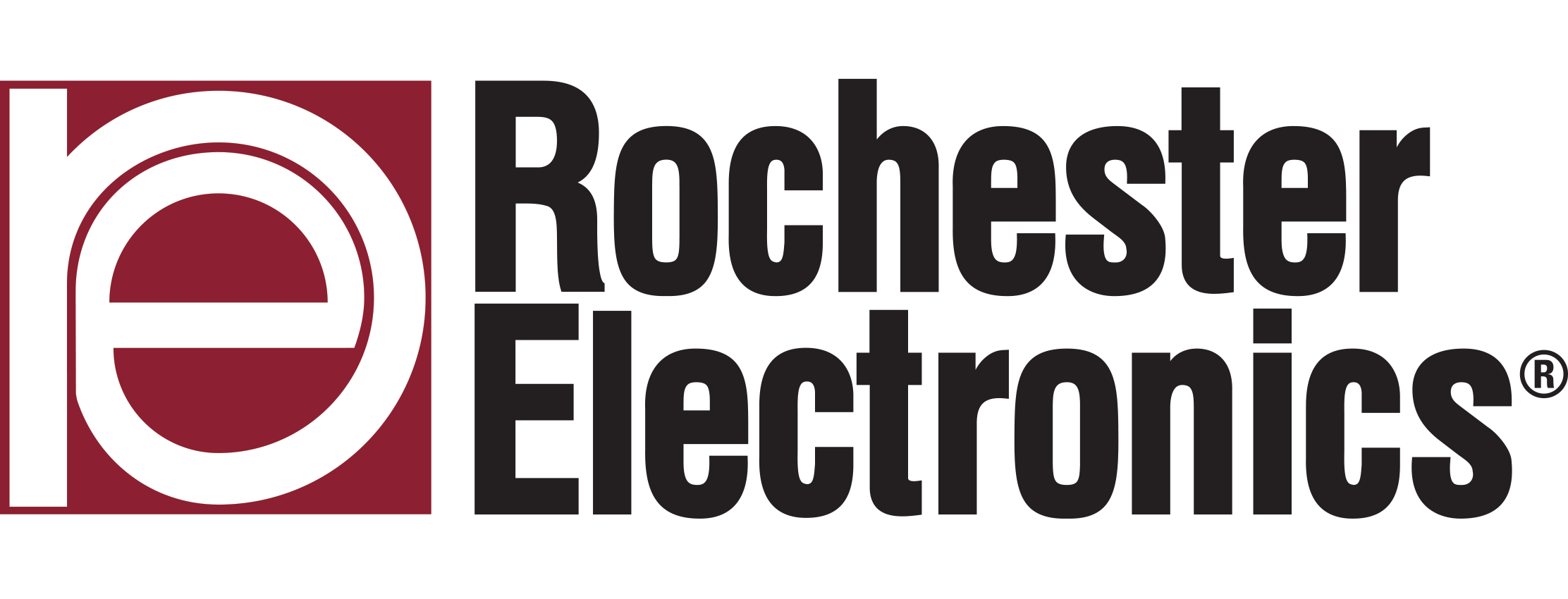People
The human dimension of obsolescence management is often overlooked, but it is the foundation for success. This subtheme explores the roles, competencies, collaboration, and mindsets required for the next generation of obsolescence managers and supply chain professionals. We invite papers that explore but not limited to:
• Developing technical and cross-disciplinary knowledge to manage obsolescence in complex systems.
• Leveraging teamwork across the supply base, industries, governments, and international borders to share data, best practices, and lessons learned.
• Mentorship or knowledge-sharing programs between large system integrators and their Tier 2 and 3 suppliers
• Training programs, certifications, and academic partnerships to prepare the next generation of specialists
• Building Communities of Practice in Obsolescence Management
• How soft skills (communication, negotiation, systems thinking) are as critical as technical knowledge
• Best practice customer and supplier working group teams



